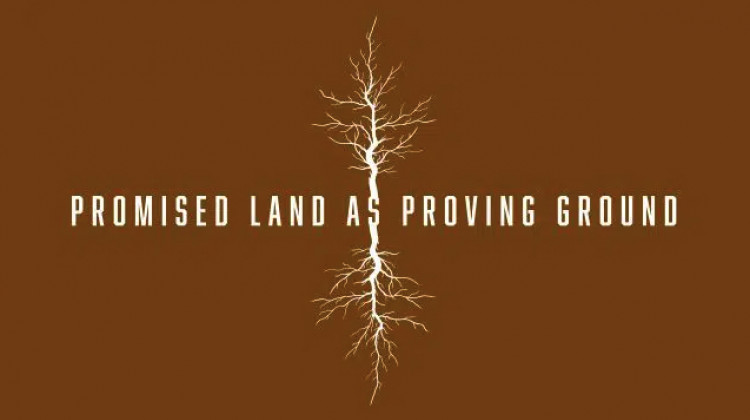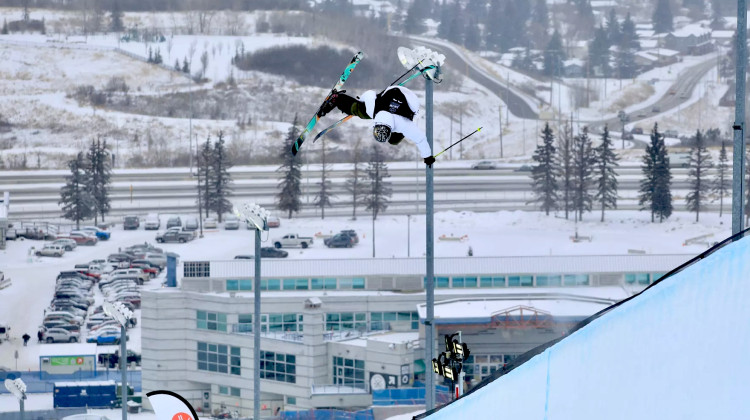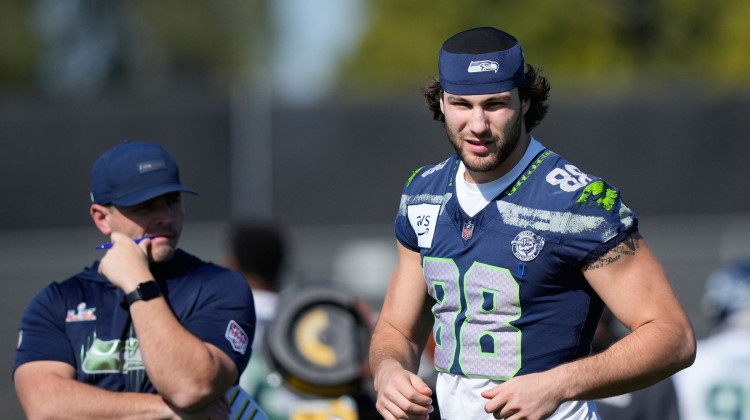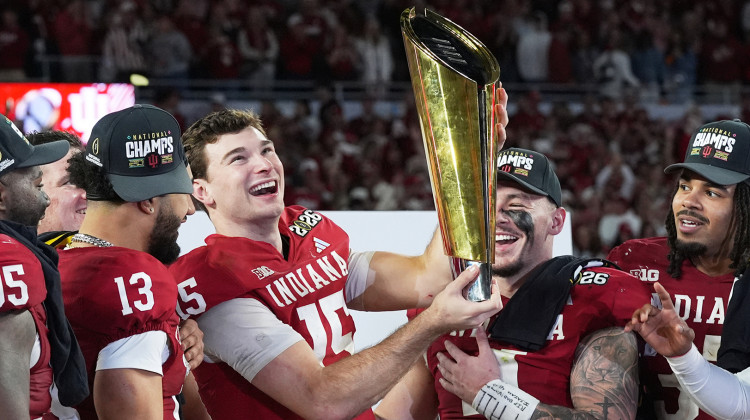Living history museum Conner Prairie was chosen recently as one of only nine organizations to participate in the Smithsonian Institution’s cohort program. “Promised Land as Proving Ground” provides an experience that will portray faith-based Black culture through food, music, dance, and activism from pre-colonial Africa to the present. WFYI’s Terri Dee spoke with Director of Exhibits Jesse Kramer about how the project meets Conner Prairie’s commitment to portraying factual Black history.
WFYI Reporter, Terri Dee: Is this something new for visitors coming to Conner Prairie or is this an extension of presentations and exhibits that Conner Prairie has had before?
Conner Prairie Director of Exhibits, Jesse Kramer: This is an entirely new experience. This is the first time that Conner Prairie has put into action a permanent exhibition. This is a totally new experience that will be infused into Prairie Town. One of the main exhibition spaces that we have here will also be featured in other areas of the grounds, particularly the Conner house. We will tell the story of Peter Smith, who was a free black man who was living in this area in the 1830s, who was kidnapped into slavery. So, that's one of the stories that we're telling here, along with the much broader story of the African American experience in Indiana in this time period.
Dee: How will the exhibit present itself? Is it items that visitors can come and touch? Will it be plays? Will it be participatory events that visitors can engage with?
Kramer: The exhibit will present itself at a multitude of locations and is basically going to be broken into three different sections. The first section will be laid out in an interative process over the summer in June, but the complete experience will be completed in 2023. These three sections are the origins section, the resistance section that focuses mainly on the 19th century, and then the reclamation section, which focuses on the 20th and 21st centuries. The origin section is where we kind of tell the story of pre-colonial Africa, the transatlantic slave trade, and how African Americans made their way into the Northwest Territory in the early 19th century. We're creating an animation in most of these spaces; there will be kind of an animation that tells the storyline with narration. Then you will also have these different areas in Prairie Town which will feature augmented reality figures that come up and will speak to you about their experience. So real historical figures will be in various locations throughout Prairie Town where you can look on your personal device, or a device that we provide here if you don't have one, where you'll be able to interact with these historic figures. In addition to that, we're also going to be having third person interpretation experiences where we'll talk about faith and about family in these different areas throughout the grounds.
Dee: Conner Prairie was one of only nine organizations in the US selected to be a part of the cohort program fostering critical conversations with our communities. Tell us about that and why do you think Conner Prairie was chosen?
Kramer: Dr. Charlene Fletcher and I both put in for this cohort. We applied for the grants to hopefully get in and we were selected. I think part of that is the fact that we have many longtime Smithsonian affiliates. We were the first in Indiana; we jumped at the opportunity to be able to join with the Smithsonian in this effort, because it's something that really ties in with the work that we're trying to do with this project.
Dee: Thank you for all the great information you provided today.
Kramer: Thank you
 DONATE
DONATE







 Support WFYI. We can't do it without you.
Support WFYI. We can't do it without you.